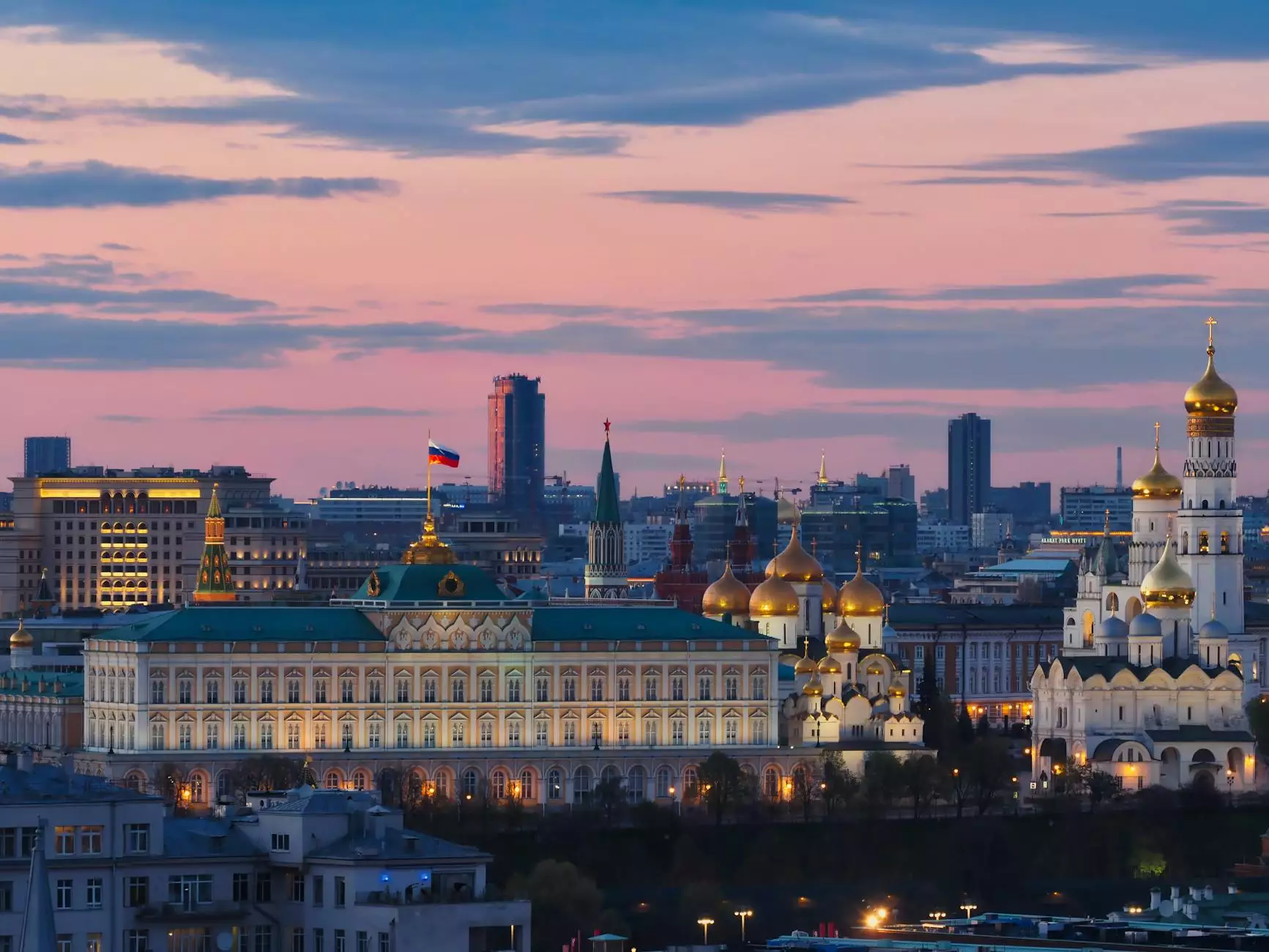The Vital Role of Black Churches in New York: Community, Faith, and Service

The landscape of New York's spiritual and community organizations is deeply enriched by the presence of black churches in New York. These institutions do not merely serve as places of worship; they are the beating hearts of their communities, providing valuable resources, support, and a sense of belonging for countless individuals. This article explores the profound impact of black churches in New York, their historical significance, and the diverse services they provide.
Historical Overview of Black Churches in New York
The history of black churches in New York is a testament to resilience and faith. They began as essential sanctuaries for African Americans during times of oppression and segregation. The first known black church in New York, the African Congregational Church, was established in the early 18th century. From that point onward, the growth of black churches mirrored the struggles and triumphs of the black community in America. These establishments not only fostered spiritual growth but also became crucial venues for civil rights activism, social justice, and community organizing.
The Core Functions of Black Churches in Contemporary Society
Today, the role of black churches extends far beyond traditional worship services. They have evolved into multifaceted organizations that deliver a wide array of services to their communities. Here are some of the core functions of these churches:
- Spiritual Guidance: At their core, black churches provide a haven for spiritual encouragement and growth. Worship services, Bible studies, and prayer meetings serve to strengthen the faith of community members.
- Community Support: They often run various programs aimed at fostering community bonds, from youth mentorship to adult education classes. Such initiatives empower individuals and families, providing them the tools necessary for personal and social advancement.
- Social Justice Advocacy: Black churches have been at the forefront of movements advocating for social change, equality, and justice. They mobilize their congregations to raise awareness and take action on pressing societal issues.
- Crisis Intervention Services: Many churches offer assistance during personal or family crises, including counseling services, food banks, and financial aid to those in need.
- Health and Wellness Initiatives: Recognizing the unique health challenges faced by their communities, numerous black churches have initiated health programs, including fitness classes, health screenings, and informational seminars on health disparities.
Prominent Black Churches in New York and Their Contributions
Several key black churches in New York exemplify the significant impact these institutions have on their communities. Below are a few notable congregations and their contributions:
1. Abyssinian Baptist Church
Founded in 1808, the Abyssinian Baptist Church is one of the most historically significant churches in New York City. This church not only serves as a place of worship but has also played a crucial role in the African American civil rights movement, advocating for social justice both locally and nationally. Their community outreach programs are extensive, offering services from health screenings to educational initiatives aimed at reducing poverty and improving literacy rates.
2. The Greater Allen A.M.E. Cathedral
The Greater Allen A.M.E. Cathedral stands as a pillar of strength and hope in Jamaica, Queens. Known for its vibrant worship community, this church also emphasizes community service. Through various programs such as food distributions, youth activities, and educational workshops, the Cathedral serves thousands of community members annually.
3. The First Corinthian Baptist Church
Under the leadership of Rev. Dr. Michael A. Walrond, the First Corinthian Baptist Church has become a beacon of community activism. The church addresses issues ranging from poverty alleviation to mental health awareness, ensuring that their congregation is well-equipped to tackle societal challenges.
The Transformative Power of Faith and Community
The profound connection between faith and community in black churches cannot be overstated. Members of these churches often find strength and support in their fellow congregants, fostering a sense of belonging that transcends individual struggles. This communal bond is vital, particularly in urban environments where individuals may feel isolated amidst the hustle and bustle of city life.
Engagement and Participation: A Call to Action
For those looking to engage with the wonderful work being done in black churches in New York, there are numerous opportunities for participation:
- Attend Services: Experience the vibrant culture of worship in black churches by attending services. Many congregations welcome visitors and encourage participation in their worship.
- Volunteer: Offering your time and skills to various church programs can make a significant impact. Whether it’s helping with a food drive or mentoring youth, your contributions are valuable.
- Support Events: Many churches host events ranging from fundraisers to community festivals. Participating in these events builds stronger community ties and supports the church's mission.
- Join Community Programs: Many black churches offer educational programs, wellness workshops, and advocacy initiatives that welcome participation from the broader community. Engaging in these programs can lead to personal growth and a greater understanding of social issues.
Conclusion
In conclusion, black churches in New York are far more than just places of worship; they are vital community organizations that provide necessary services, advocate for social justice, and offer a sense of family and belonging to their members. As these churches continue to evolve and respond to the needs of their communities, they remain an essential force for good, guiding individuals and families toward brighter futures.
By recognizing and supporting the efforts of black churches, we can contribute to a cohesive and empowered community that uplifts every individual. Whether through faith, service, or activism, the role of black churches is foundational—shaping not only their congregations but the very fabric of New York City itself.



